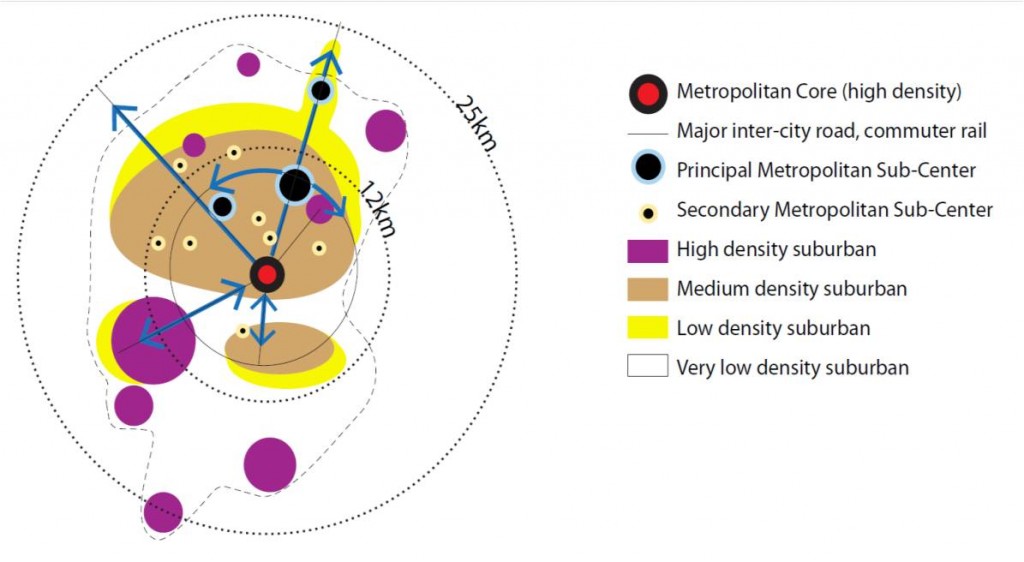Transforming Johannesburg, Towards a low carbon and inclusive metropolis
In Johannesburg, South Africa, the Urban Morphology Institute works closely with the City of Joburg, AFD and Wits University. The aim of the initiative is to support Johannesburg’s transition towards an inclusive, resilient, resource-efficient city through systematic, integrative and targeted research. The main objectives of the project are to:
- Foster spatial transformation through integrated transportation and spatial planning to create an efficient, sustainable, inclusive and resilient urbanization, and to mitigate climate change
- Retrofit the existing city towards greater sustainability, climate change mitigation and adaptation, resilience, liveability and inclusivity.
- Influence the city currently being built towards the goals mentioned above by contributing to the “Corridors of Freedom” strategy through the Spatial Development Framework (SDF) and the Strategic Area Framework (SAF)
The Urban Morphology Institute has been part of the ‘Resilient Densities’ project that focussed on delivering a city-wide quantitative analysis of urban forms for the City of Johannesburg. The city-scale analysis has highlighted structural inefficiencies both at the municipal and local scales. Critical issues for the Gauteng region have been highlighted in the resulting report, such as:
- Fragmentation of urban forms and densities
- Spatial inequalities resulting in high levels of concentrated unemployment
- Unequal density of amenities
- Inefficient land use with low coverage ratio and low floor area ratio
- Uniform rigid platting jeopardizing social inclusiveness and economic resilience
- Housing price structure revealing unsustainability in land markets
- Street network spatial organization creating high levels of congestion and limiting walkability
-
Two presentations are available for download:
- Transforming Johannesburg, Towards a low carbon and inclusive metropolis – Issues and Opportunities | Citywide Quantitative Urban Analysis
- Transforming Johannesburg, Towards a low carbon and inclusive metropolis – Public Policies | Scenarios | Strategies
-

Johannesburg Metropolitan Structure – Inverted polycentricity
Urban Morphology Institute ©
